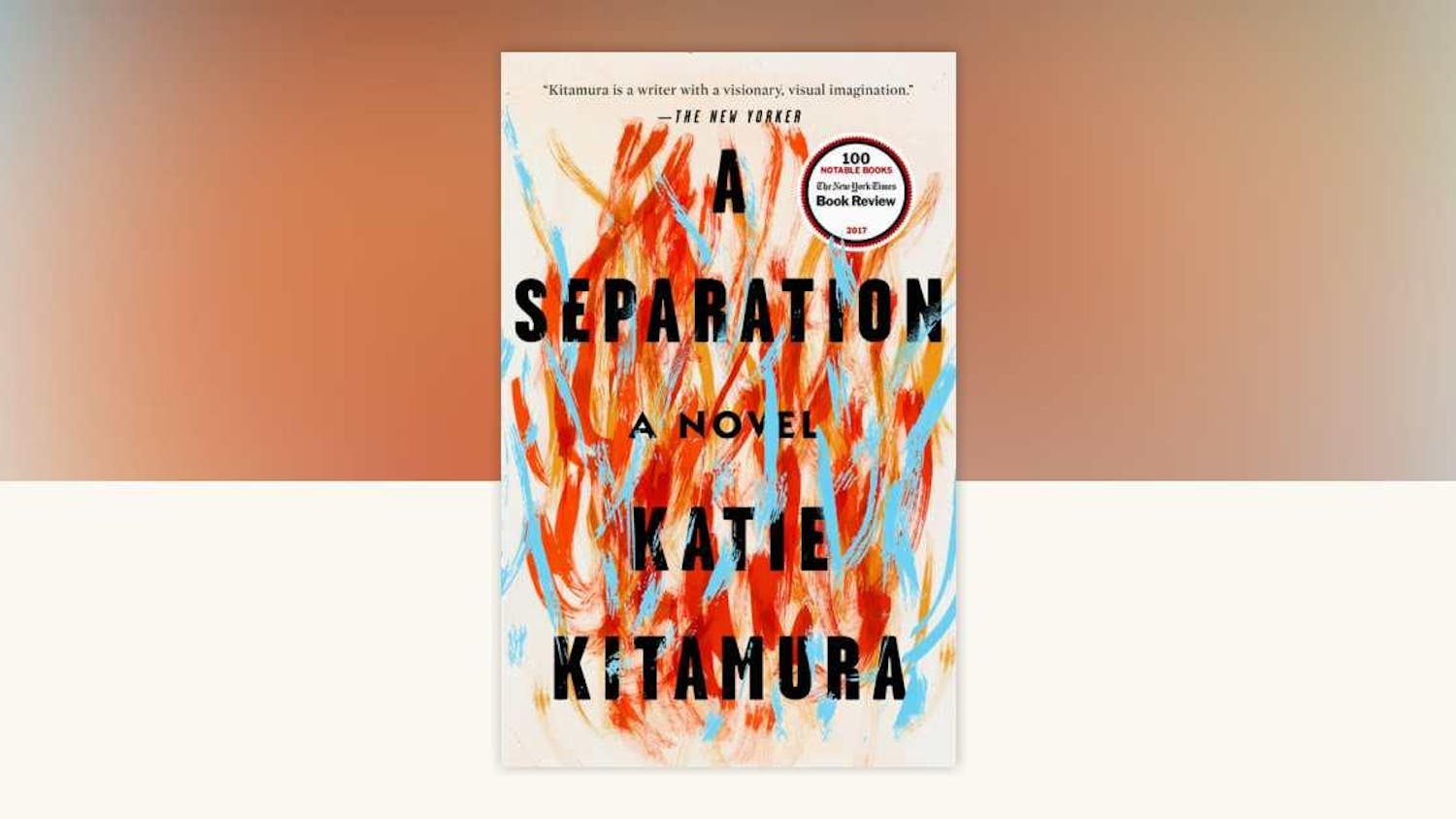The words “Cornell Cinema” may bring only vague memories of defunding-related outrage to mind but rest assured, Willard Straight Hall’s basement-ridden movie junkies are still hard at work. Although the undergraduate Student Assembly voted to fully defund the theater — a cut of nearly 40% of the Cinema’s total funding at the time — with the aid of temporary increased plans from the graduate and professional Assemblies as well as replacement funding from the College of Arts & Sciences and one sizable, anonymous individual donor, it’s business as usual for Mary Fessenden and Doug McLaren, Cornell Cinema’s Director and Cinema Manager.
Despite the new sources of funding all but matching past years’ budgets, small reductions will result in around 30 to 40 less showings spread over the entire academic year, a change that Fessenden and McLaren described as nearly unnoticeable. I had the chance to sit down with the two a few weeks ago to discuss the Cinema’s plans for the semester as well as its new All-Access Pass.
Whereas in the past you would have needed to brave Willard Straight’s deepest recesses to secure a physical flicksheet, this year Cornell Cinema’s gone paperless for the first time in its history and a full lineup of the theater’s upcoming films can be found on its updated website. Of this semester’s more ‘big-name’ offerings, A24’s Midsommar (playing this weekend, Sept. 27, 28 and 29), Toy Story 4 (next weekend, Oct. 4 and 5), The Rocky Horror Picture Show (Oct. 25 and 26) and Once Upon a Time In Hollywood (Nov. 14, 16 and 17) all stick out as immediately recognizable.
Too often in the background, however, are some of the more niche offerings the Cinema serves up, frequently with added commentary from filmmakers or professors in related fields. Sept. 28 marked the second showing of For All Mankind, a NASA documentary honoring the 50th anniversary of the moon landing. For All Mankind is a part of the Cinema’s “Cornell Alums Make Movies” series, which also includes Spider-Man: Into the Spider-Verse, for which Christine Steinberg ’88 served as a producer, Paul Thomas Anderson’s There Will Be Blood (Nov. 7), for which Lori Balton ’81 scouted locations in Los Angeles, and The Kitchen (Nov. 15), for which writer and director Andrea Berloff ’95 will be returning to campus.
Other recurring series include “Human Flow: Stories of Global Migration,” “Japanese Cinema: A Survey” and “Recent Digital Restorations.” The latter includes Sergei Bondarchuk’s War and Peace, showing all together on Nov. 3 or showing in four parts — Chapter I, Andrei Bolkonsky (Oct. 20); Chapter II, Natasha Rostova (Oct. 27); Chapter III, The Year 1812 (Nov. 3) and Chapter IV, Pierre Bezukhov (Nov. 6), the last of which will be accompanied by an informal discussion and reception hosted by Olga Litvak, Professor of Modern European Jewish History. Additionally, the Cinema will play host to eight in-person presentations throughout the remainder of the semester, during which the audience will be able to engage directly with filmmakers. Among those special presentations will be My First Film (Oct. 10), an extraordinary multimedia performance in which Zia Anger, an Ithaca College alum, will use real-time text and interaction to demonstrate how artists relate to their audiences.
And while these more ‘out-there’ titles might seem intimidating to the average cinephile whose fondness of motion pictures starts and ends with the Marvel Cinematic Universe, Fessenden and McLaren assured me they are anything but intimidating. The Cinema’s managers wake up with purpose every morning not to cater to movie fanatics whose views are already iron-clad and well-informed, but to try and introduce more and more people to different kinds of films they’re truly passionate about.
Perhaps the biggest change instituted by the Cinema is its new All-Access Pass, which grants graduate and professional students, undergraduates and Ithaca community members, for $10, $20 and $30 respectively, entrance to all of the Cinema’s 150 regularly-priced titles. The math here works out quite favorably, as standard tickets go for $5.50 to graduate and professional students, $7.50 to undergraduates and $9.50 to everyone else. Read: if you think you’ll see two or three movies, you might as well get the Pass. Though optional, Pass-holders can guarantee their seat in any given showing by reserving a ticket online and arriving at least 10 minutes before showtime. Exclusions to what the Pass will get you are quite minimal and will themselves be discounted for Pass-holders.
Cornell Cinema is rapidly approaching its 50th anniversary, something Fessenden calls “a triumph and a testament to the power of film on a college campus,” and I can’t help but finish this article with some of my own thoughts on the value of going to the movies. Not Netflix, Hulu, Prime Video, HBO or YouTube TV, but physically going to the movies.
It feels like I’ve been watching movies my whole life — I grew up with our eyes glued to a seat-back DVD player in the back row of my parent’s Honda minivan. My budding passion for film only grew when my mom first took me to the vaguely butter-scented AMC near our house.
I graduated from G to PG, then PG-13 and finally to R. Movies were achievements back then — kids with ‘cool’ parents got to see The Dark Knight in the theater.
I walked by my high school’s psychology teacher after the midnight premiere of The Force Awakens the night before the AP exam — she shook my dad’s hand and nodded in approval. Since coming to college, some of my fondest memories have been escaping from the stress of Cornell life for the friendly confines of a theater.
To be engulfed in a crowd of people whose sole focus is on one cohesive artistic expression is to do something quintessentially human in an increasingly unique way. Cornell Cinema’s been a stalwart of campus life since 1970 despite the influx of home video and streaming services because it offers an experience no at-home platform will ever be able to provide, and that’s not changing any time soon.
Nick Smith is a senior in the College of Arts and Sciences. He can be reached at nks53@cornell.edu











